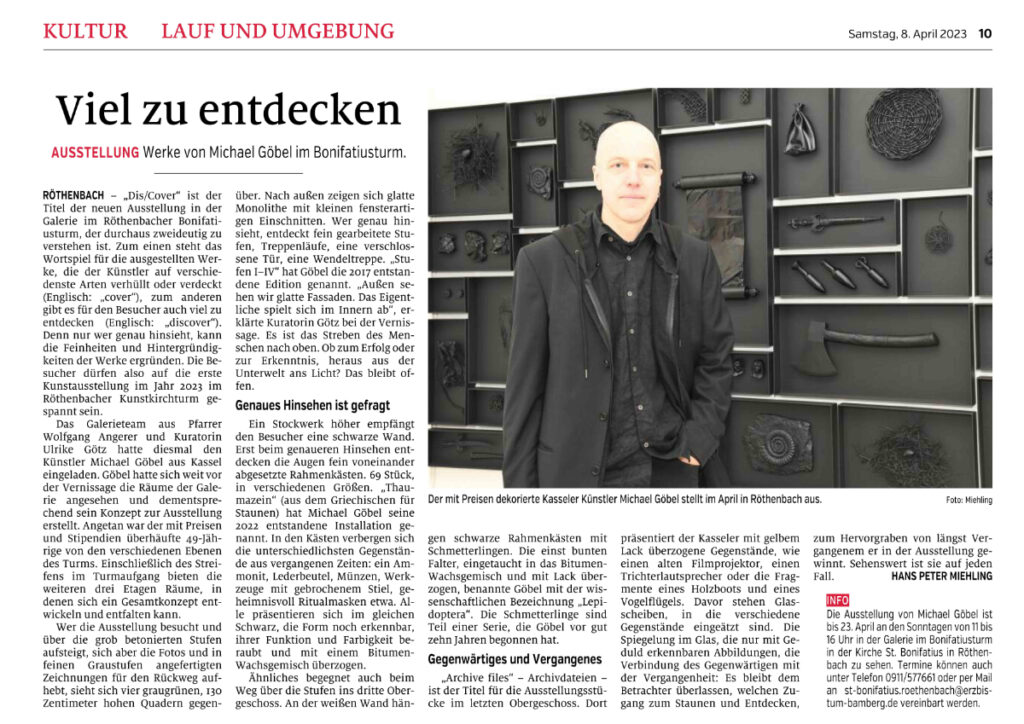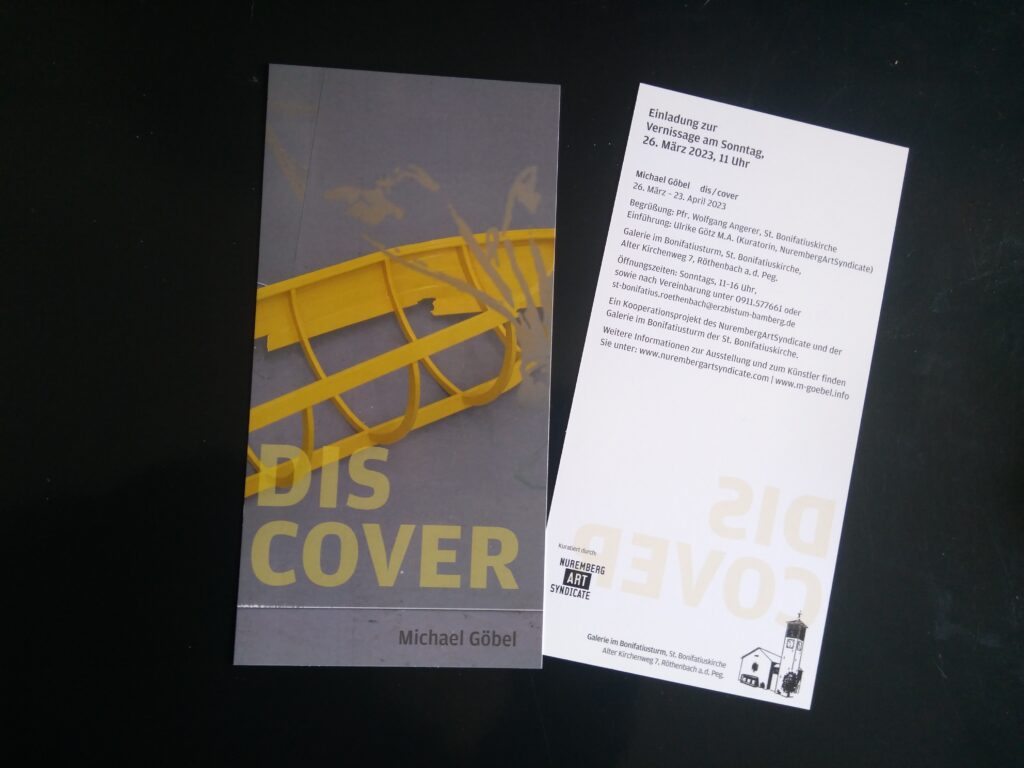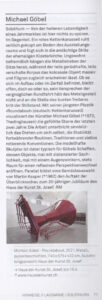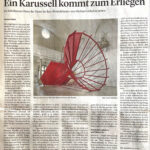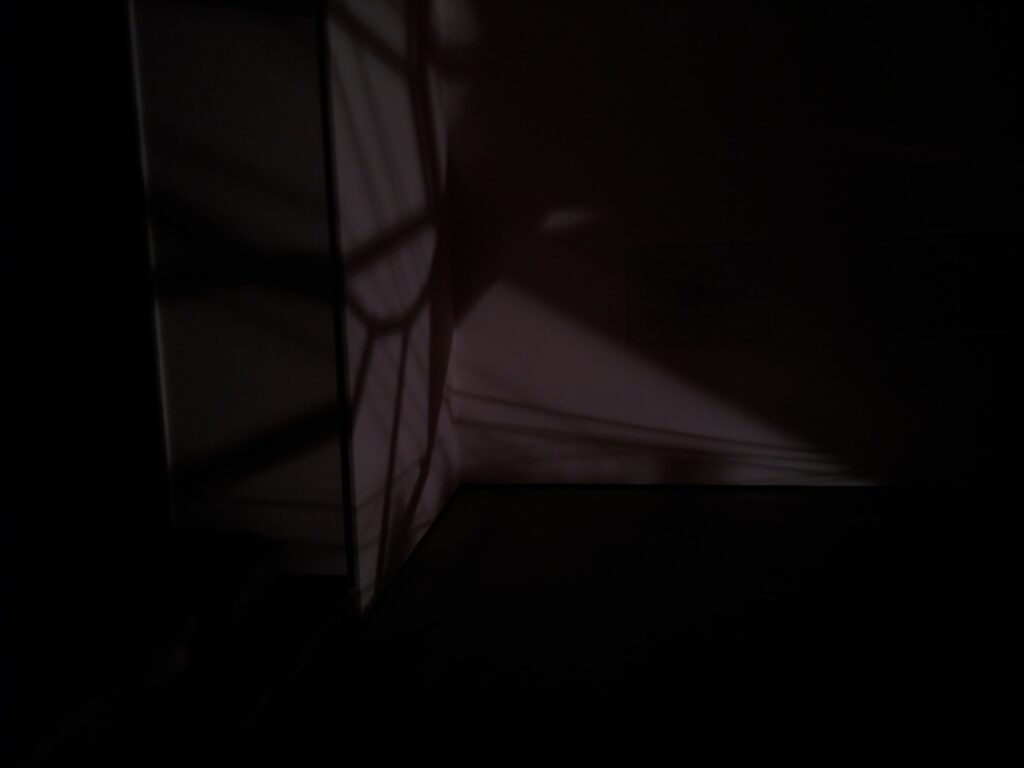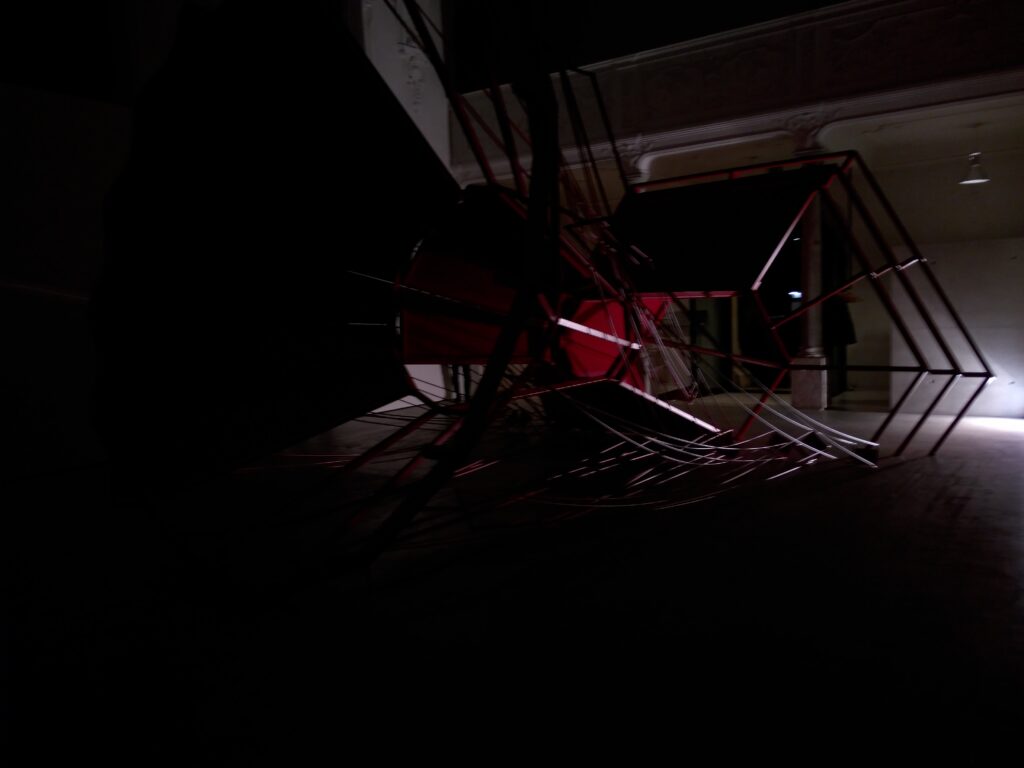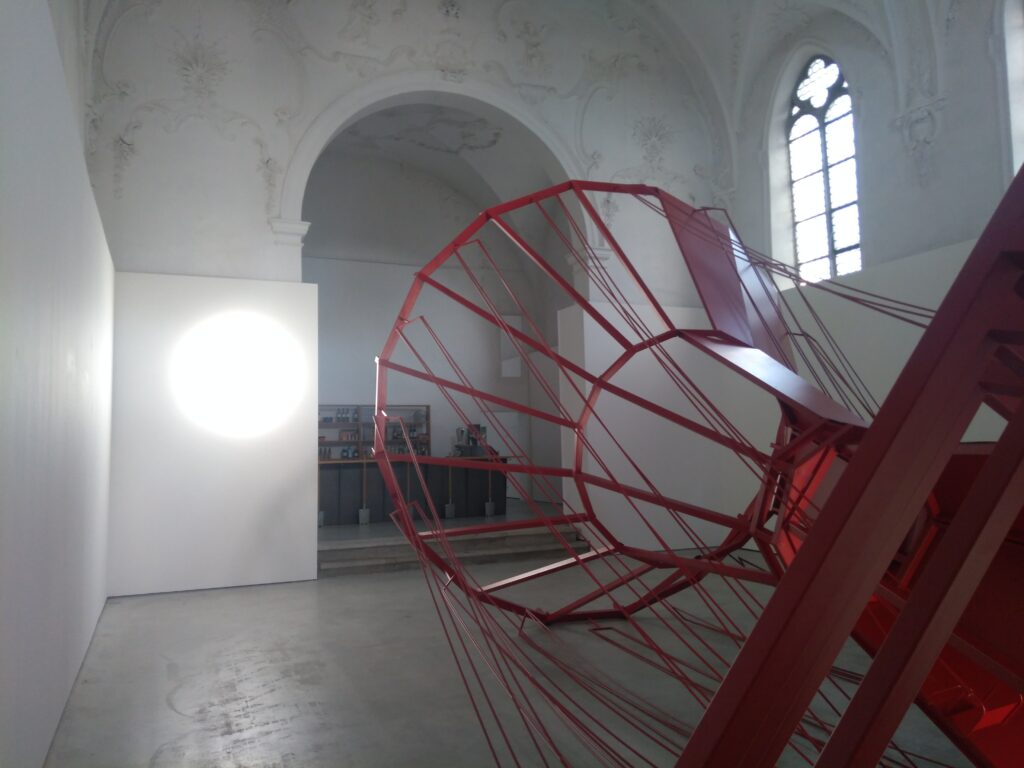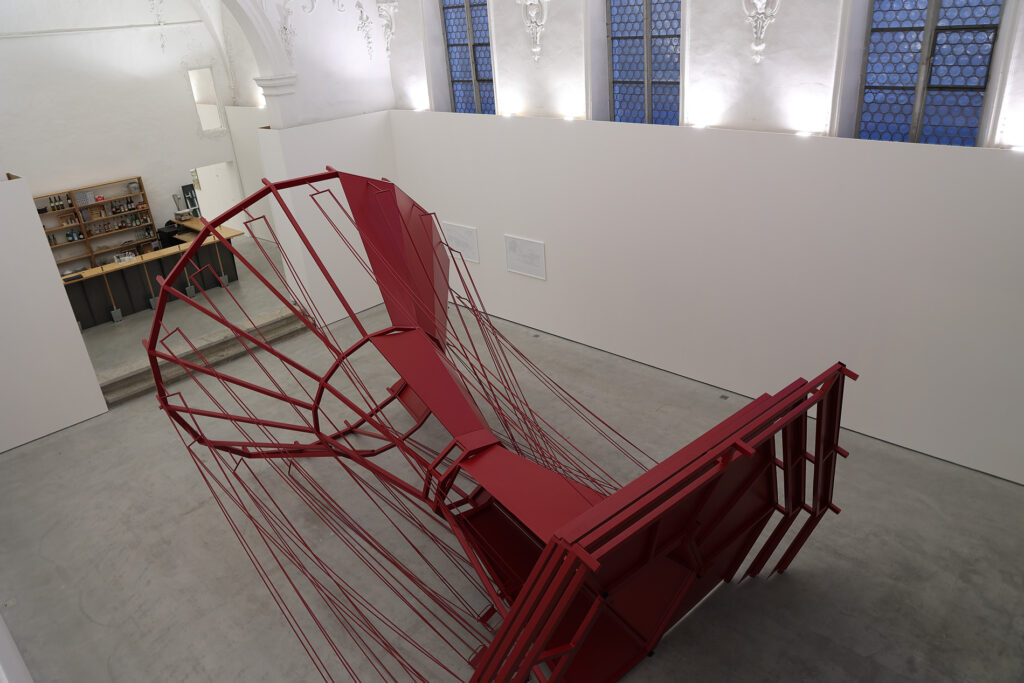
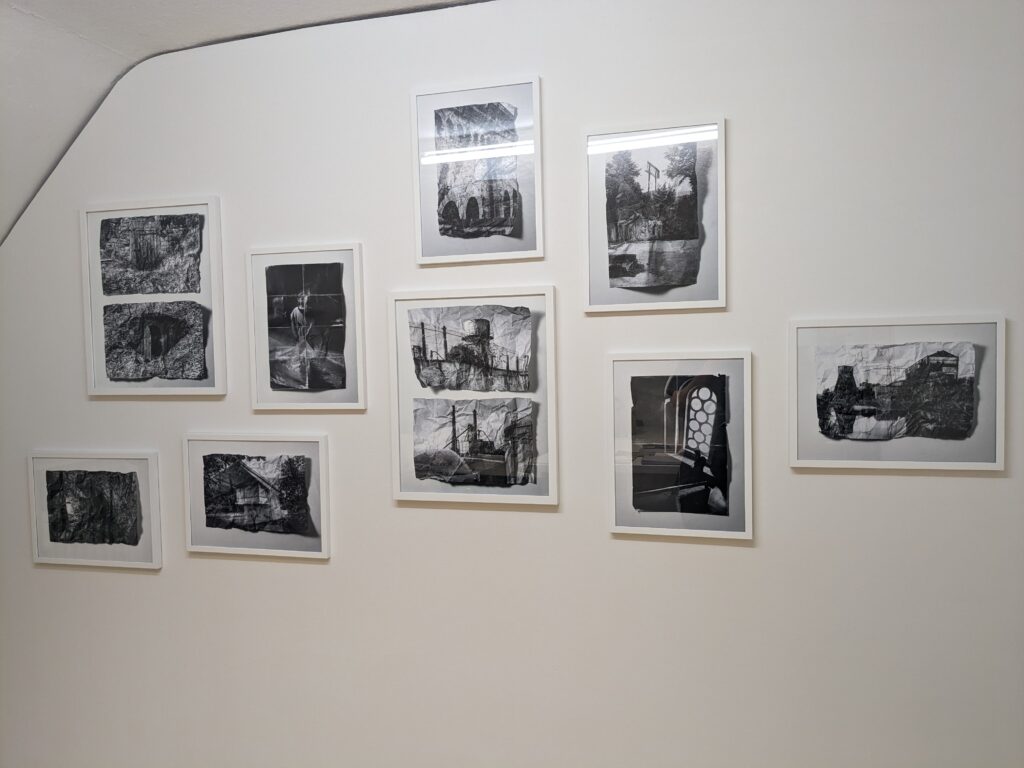
nachdem ich während des Kasseler Atelierrundgangs, im September, vielen interessierten Gästen u.a. eine neue Serie fotografischer Arbeiten päsentiert habe, wollte die Galerie Coucou einige davon für die Gruppenausstellung „Love Manifest“ haben. Und so kann man ein paar Arbeiten von mir z.Zt. auch dort sehen.
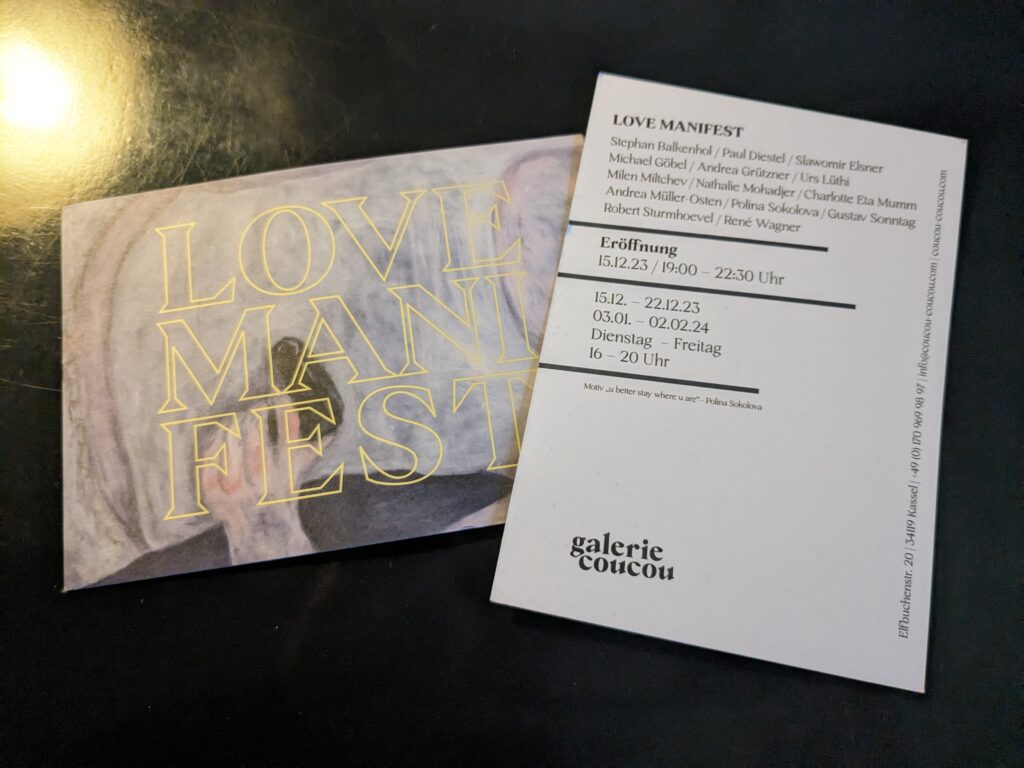
Love Manifest
Stephan Balkenhol / Paul Diestel / Slawomir Elsner / Michael Göbel / Andrea Grützner / Urs Lüthi / Milen Miltchev / Nathalie Mohadjer / Charlotte Eta Mumm / Andrea Müller-Osten / Polina Sokolova / Gustav Sonntag / Robert Sturmhoevel / René Wagner
15. – 22. Dezember 2023 und 03. Januar – 02. Februar 2024 / Dienstag – Freitag, 16:00 – 19:30 Uhr (und nach Vereinbarung)
galerie coucou / Elfbuchenstr. 20 / 34119 Kassel
